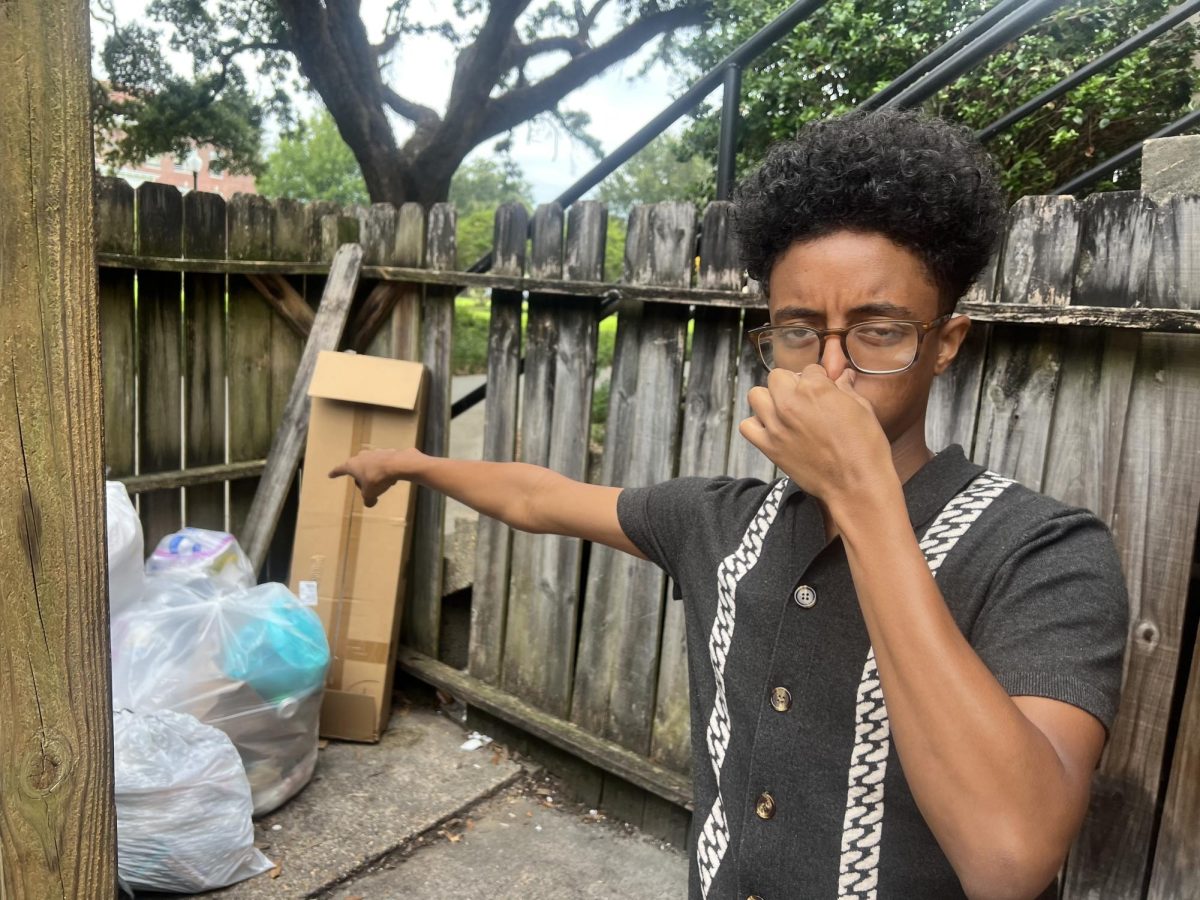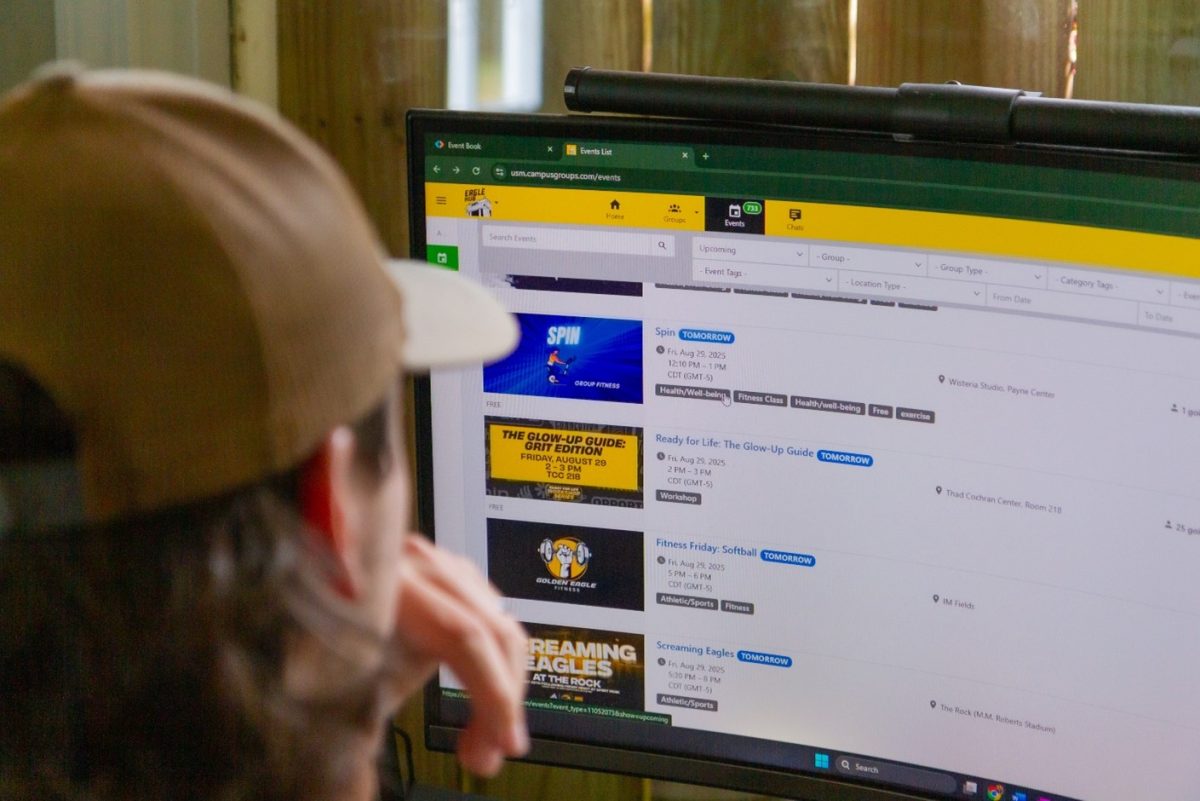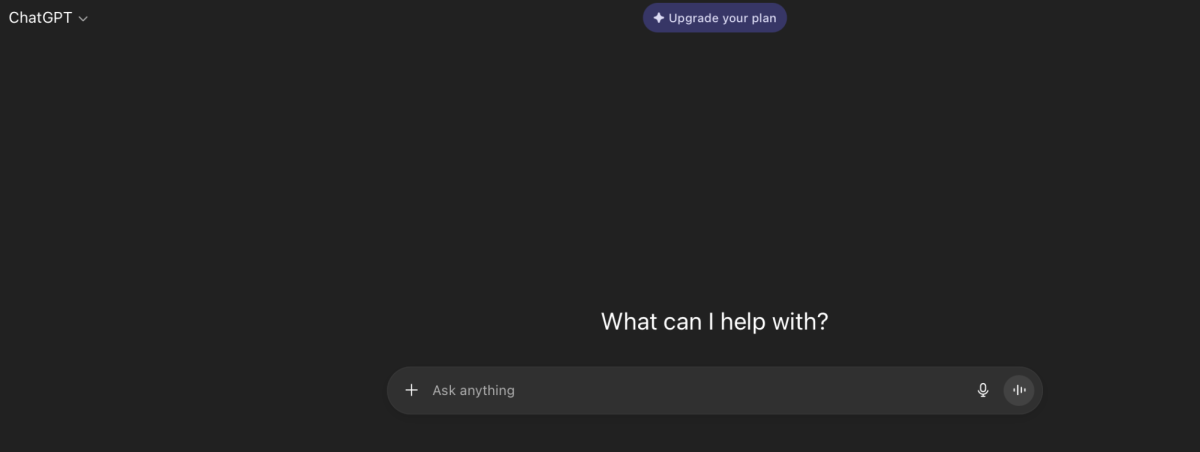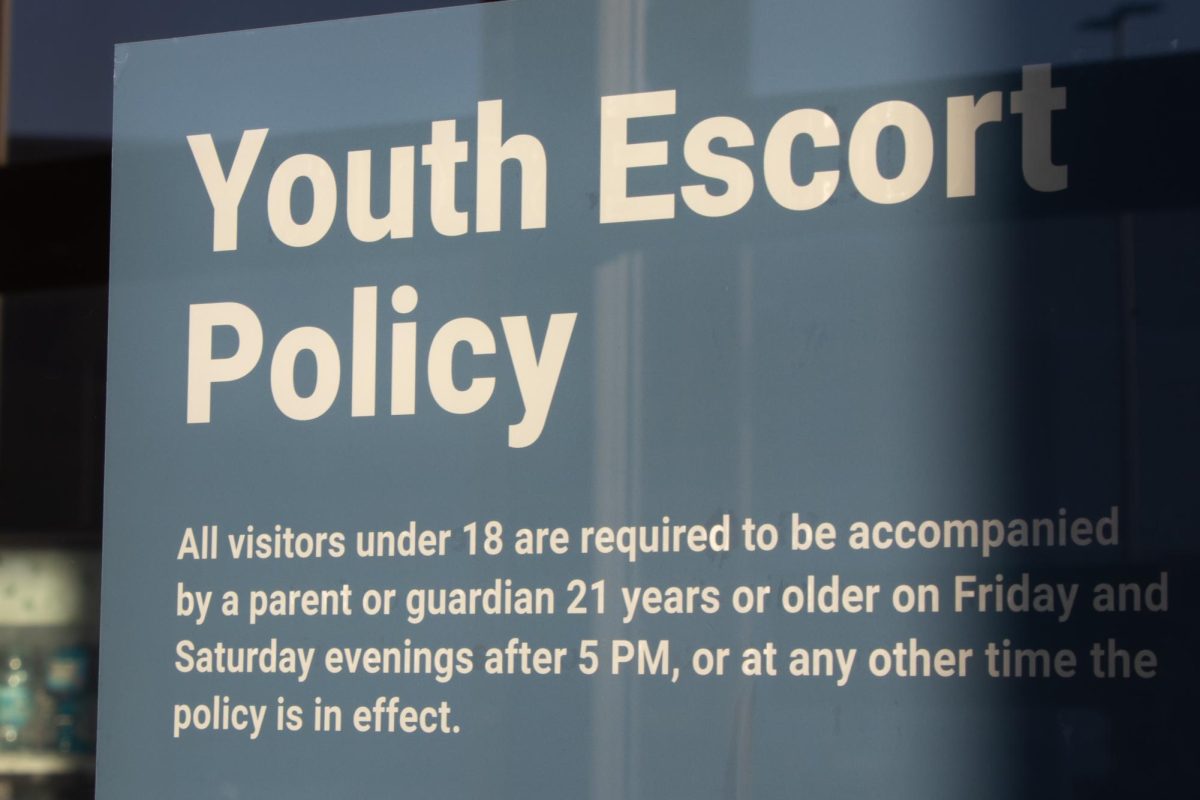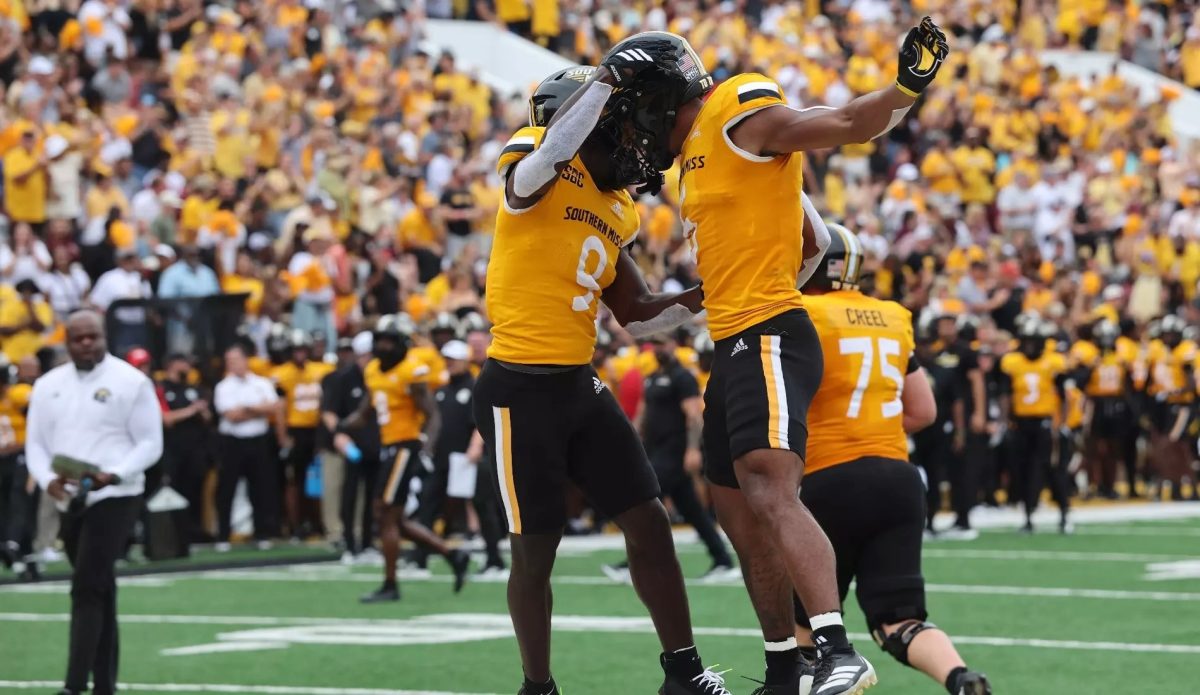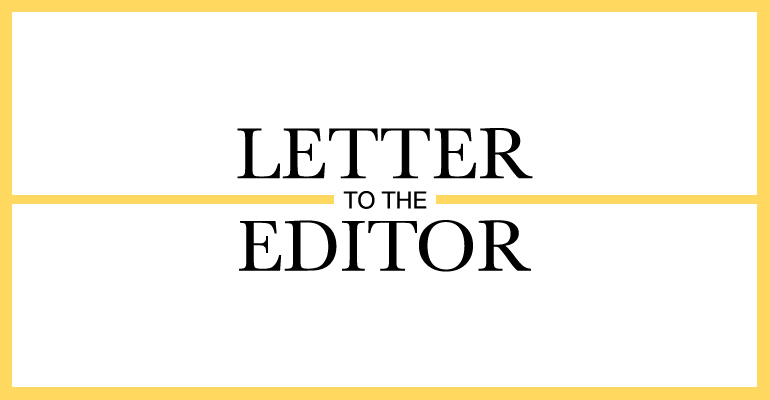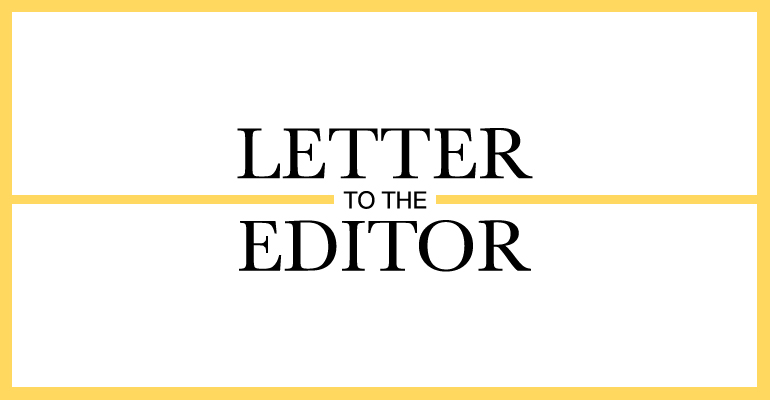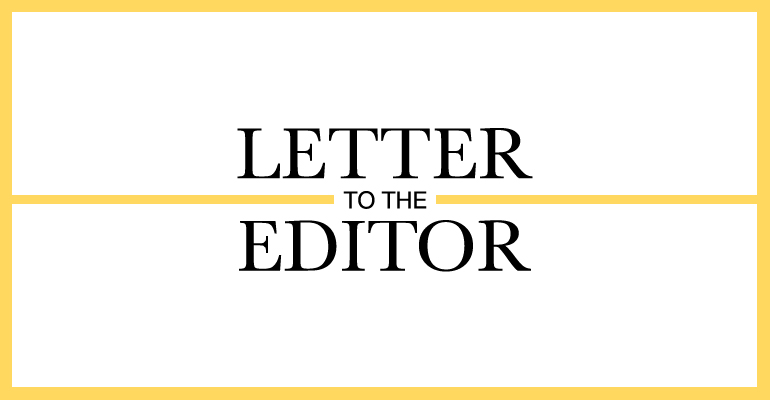Last week, I picked up a copy of The Student Printz late one evening while walking on campus. I’m a usual reader but was immensely disappointed by the headline of one of the articles. “Influential Female Graces the $10.” What, what? Surely, you mean an influential woman? I’ve noticed this trend picking up over the course of the last few years. I walk on campus and hear, “Man, these females…” and, “Females, right?”
I ignore it. Whatever. Then I start seeing it everywhere. I see it in classrooms and professional settings where people should know better. Last night, I finished a novel, and there it is again. “The females in the room.”
I check the publication date. 2015. Figures.
In all seriousness, though, everyone needs to stop and think about what they are saying. The terms “women” and “females” are not interchangeable for a whole host of reasons.
First of all, when I hear it while walking around campus or read it posted on a Southern Miss Facebook page as “Females are so difficult,” I know what you mean. We all know what you mean. You’ve simply used a more socially acceptable word in the place of a sexist slur. It isn’t polite to say “b*tch” or “slut” in public. Instead, you opt for “female.”
I hate to be the bearer of bad news, but replacing a slur for a more polite word still conveys the same meaning, and it is still sexist. I am a very busy woman, and I do not have time for your polite misogyny.
Second of all, “female” is a very specific term. The word “female” is a scientific term referring to the biological characteristics of any animal that reproduces sexually.
When you use “female” interchangeably with “woman,” you have reduced the woman in question to her biological sex. I am not merely female.
I am a historian, a musician, a writer, a lover of romance novels and rugby. I am a daughter, a sister, an aunt, a friend, a girlfriend, and, most importantly, I am a woman. I have the lived experiences of an American woman, and I have enough obstacles to deal with that don’t include being reduced to my sex in casual conversation.
When you use the term “female” in the place of “woman,” you are denying the lived experiences of women everywhere, and those experiences are who we are as people. I am not simply female. I am not simply a human being capable of getting pregnant and carrying a tiny fetus to term. In my case, my biological sex has very little to do with me being a woman. My identity as a woman is something I have formed over many years.
Third of all, using “female” in the place of “woman” denies the lived experiences of another very important group of people. Not all women are biological women. Transgender women are women , even if their biology may not be the same as mine. Trans men may be biologically female, but they do not have the experience of being a woman. Not only are you being casually sexist when you use “female” and “woman” interchangeably, you are being casually transphobic, and that is not acceptable. I accept my trans sisters completely as women, and so should everyone else. They may not be “female,” but they are women, with the lived experiences as women. The simple word “female” denies them their womanhood, and I cannot accept that. Don’t be transphobic. It’s lame, and it kills. Suicide in the trans community is too high for us to stand idly by and allow our friends to engage in casual transphobia.
Finally, guys, this is simply poor writing. “Female” as a noun is incorrect. “Female” is an adjective. Female can be used to describe a human, dog, cat, gopher, rat, spider, or tilapia.
“Female” is an adjective describing the biological sex of a creature. In your writing, saying “an inspirational female” is simply incorrect. It’s poor form. It leaves ambiguity in your writing, when ambiguity is unwarranted in this case. “Woman” is the noun. She’s an inspirational woman.
I know it seems dumb and trivial to harp on things like language, but our language has power, and it has meaning. Through our language, we articulate who we are as people. I absolutely hate having my entire identity summed up as “female.” I am not simply “female.” I am a very complicated woman, and I am proud of that. Women, do not reduce yourselves to your biology. Be strong women.
To the editors of the Printz, please, do not reduce women to our biology. When Abigail Adams wrote to her husband John Adams, she said “I desire you remember the ladies,” not “remember the females.”

